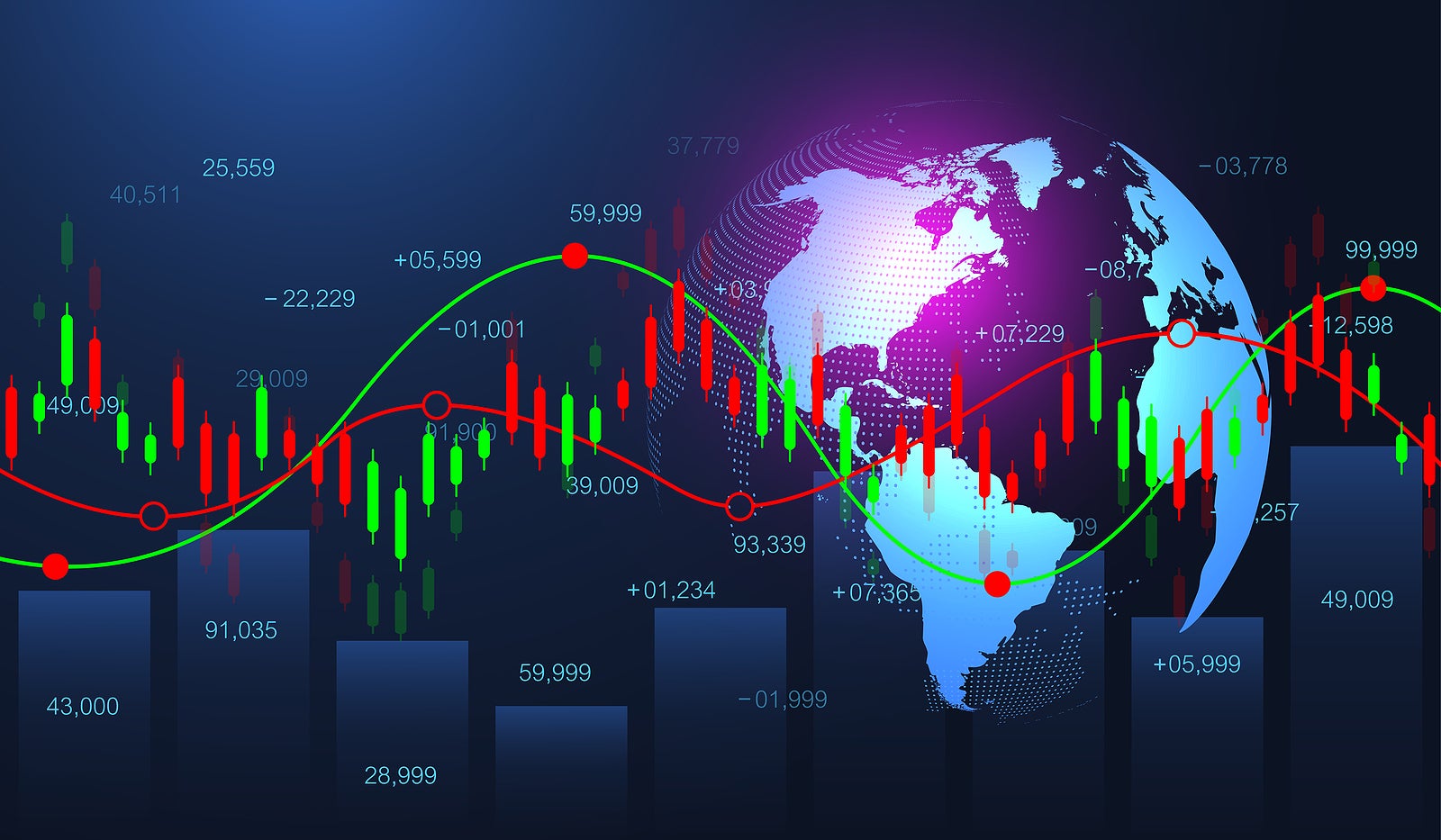Blitz News Digest
Stay updated with the latest trends and insights.
Forex Trading: The Good, The Bad, and The Pips
Explore the highs and lows of forex trading and discover secrets to maximizing your pips—dive into the ultimate trading guide now!
Understanding Forex Trading: Key Benefits and Risks
Forex trading, or foreign exchange trading, has gained immense popularity due to its potential for significant financial gain. One of the primary benefits of entering the forex market is its high liquidity, which means that traders can easily buy and sell currencies without causing major price fluctuations. This liquidity allows for faster transactions and more efficient trading. Additionally, with the availability of leverage, traders can control larger positions with a relatively small amount of capital, amplifying both potential profits and losses. Other advantages include the ability to trade 24 hours a day, access to various trading platforms, and the opportunity to diversify one's investment portfolio.
However, it's crucial to understand that with the potential rewards of forex trading come significant risks. The use of high leverage can lead to substantial losses as quickly as it can result in profits, making risk management essential for traders. Additionally, the forex market is influenced by various factors, including economic events, geopolitical tensions, and market sentiment, which can lead to sudden and unpredictable price movements. Therefore, traders must conduct thorough research, develop a solid trading strategy, and stay updated on global economic trends to navigate these risks effectively.

The Psychological Aspects of Forex Trading: How Emotions Affect Your Trades
The world of Forex trading is not just about charts and numbers; it is profoundly influenced by psychological factors. Many traders underestimate the impact emotions such as fear, anxiety, and greed have on their decision-making processes. For instance, the fear of missing out (FOMO) can lead to premature trades or chasing market movements without proper analysis. Additionally, a trader's emotional responses to losses can result in revenge trading, compounding their mistakes and leading to greater losses. Recognizing these emotional triggers is crucial for developing a disciplined trading strategy.
Furthermore, maintaining a healthy mindset is essential for long-term success in Forex trading. Psychology plays a pivotal role in risk management and adherence to a trading plan. Traders should cultivate self-awareness and emotional intelligence to better manage their reactions to market fluctuations. Techniques such as setting realistic goals, journaling trades to track emotional responses, and adopting a structured trading routine can help mitigate the negative effects of emotions. In conclusion, understanding the psychological aspects of trading is key for anyone looking to thrive in the volatile world of Forex.
Forex Trading Strategies: What Works and What Doesn't?
Forex Trading Strategies can be highly effective when understood and applied correctly. Among the most popular techniques are trend following and range trading. Trend following involves identifying a prevailing market direction and making trades that align with that direction, while range trading focuses on identifying specific price levels where the currency pair tends to fluctuate. Many traders find success in utilizing technical indicators such as moving averages and the Relative Strength Index (RSI) to confirm their strategies. However, relying solely on these tools without proper risk management can lead to significant losses, highlighting the importance of a balanced approach that includes both analysis and emotional discipline.
On the other hand, some Forex trading strategies tend to fall short of expectations. Scalping, for example, requires rapid decision-making and can lead to significant stress and potential errors, especially for inexperienced traders. Another approach that often disappoints is the reliance on news trading without a solid understanding of the market's reaction to high-impact announcements. While some traders profit from these strategies, careful consideration of market conditions and individual skill levels is crucial. Ultimately, what works in Forex trading greatly depends on a trader's unique personality, risk tolerance, and the ability to adapt to ever-changing market dynamics.